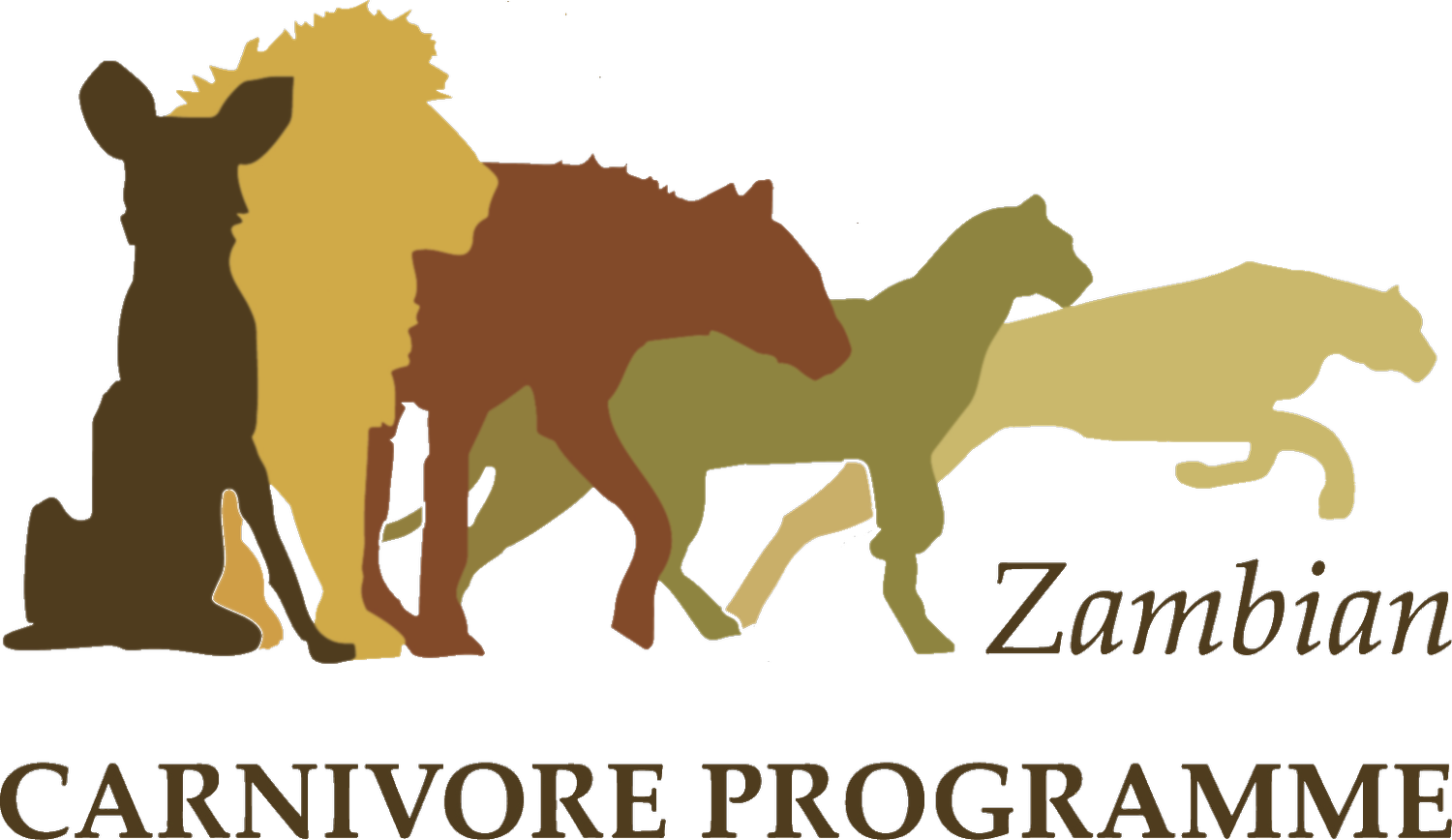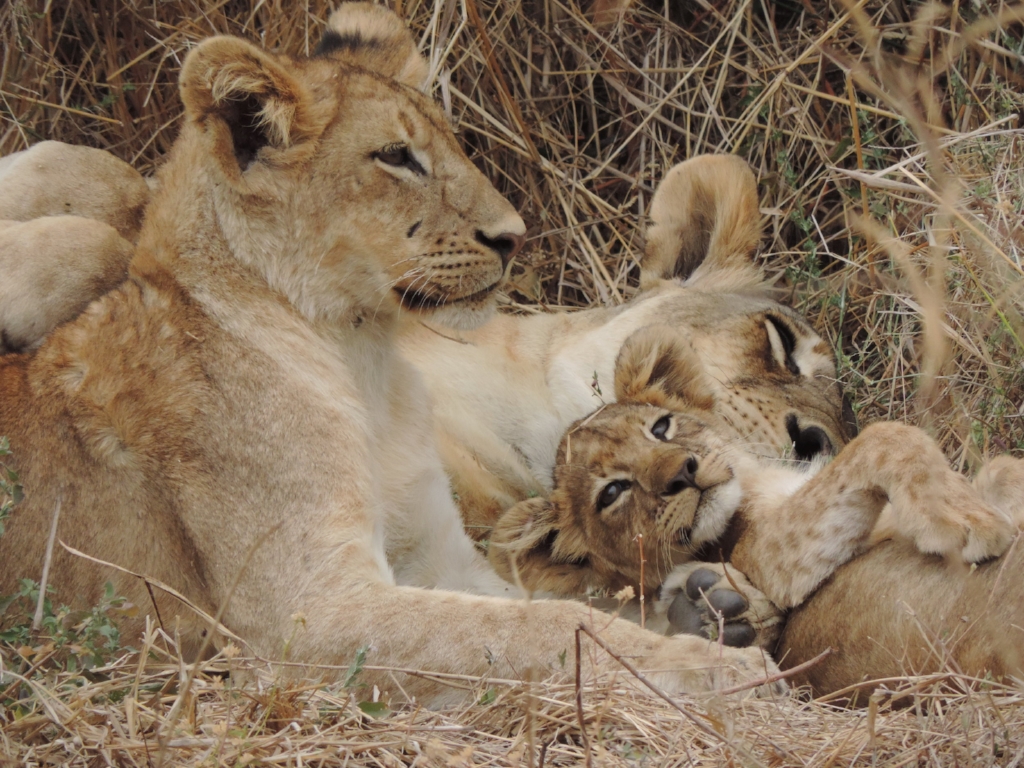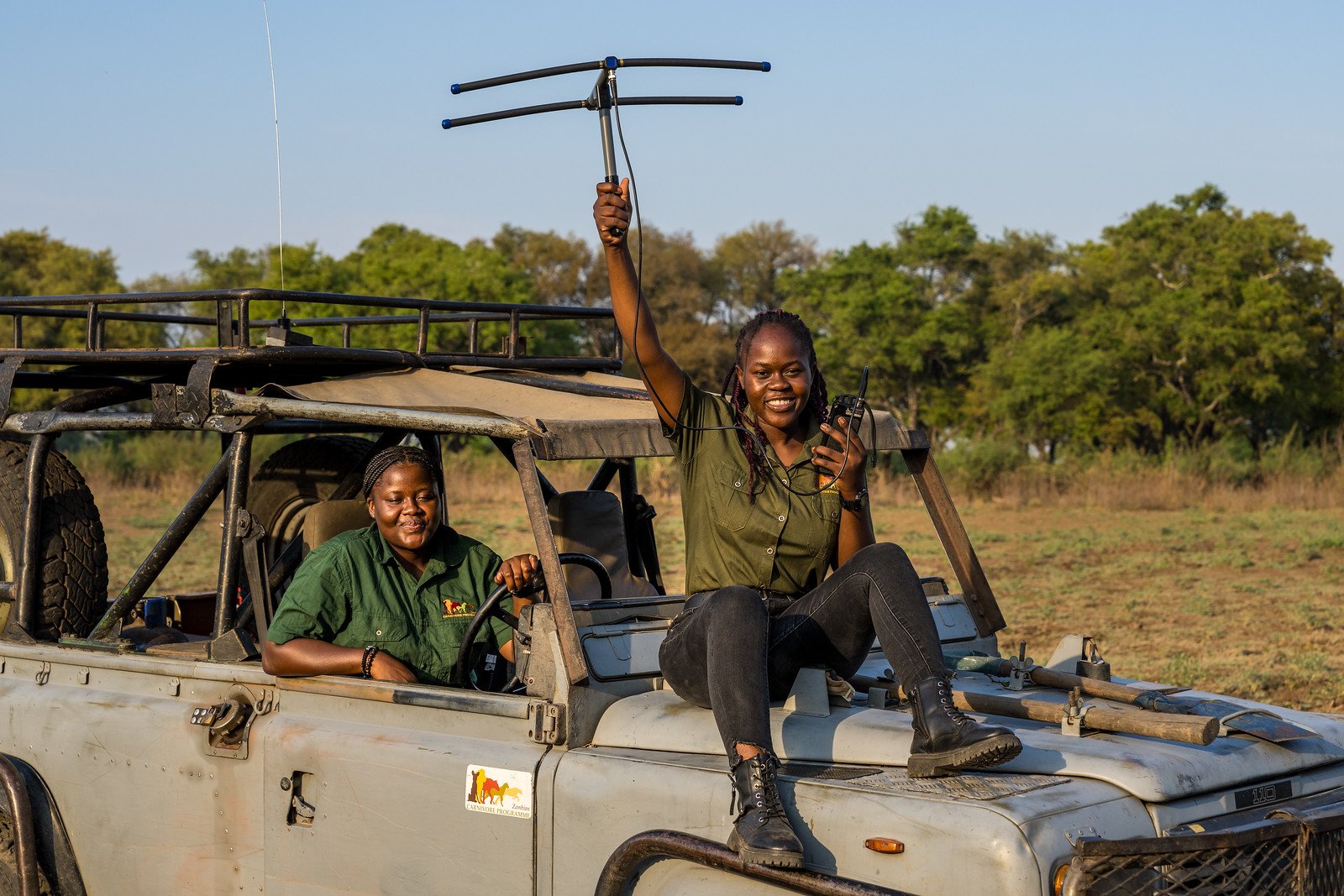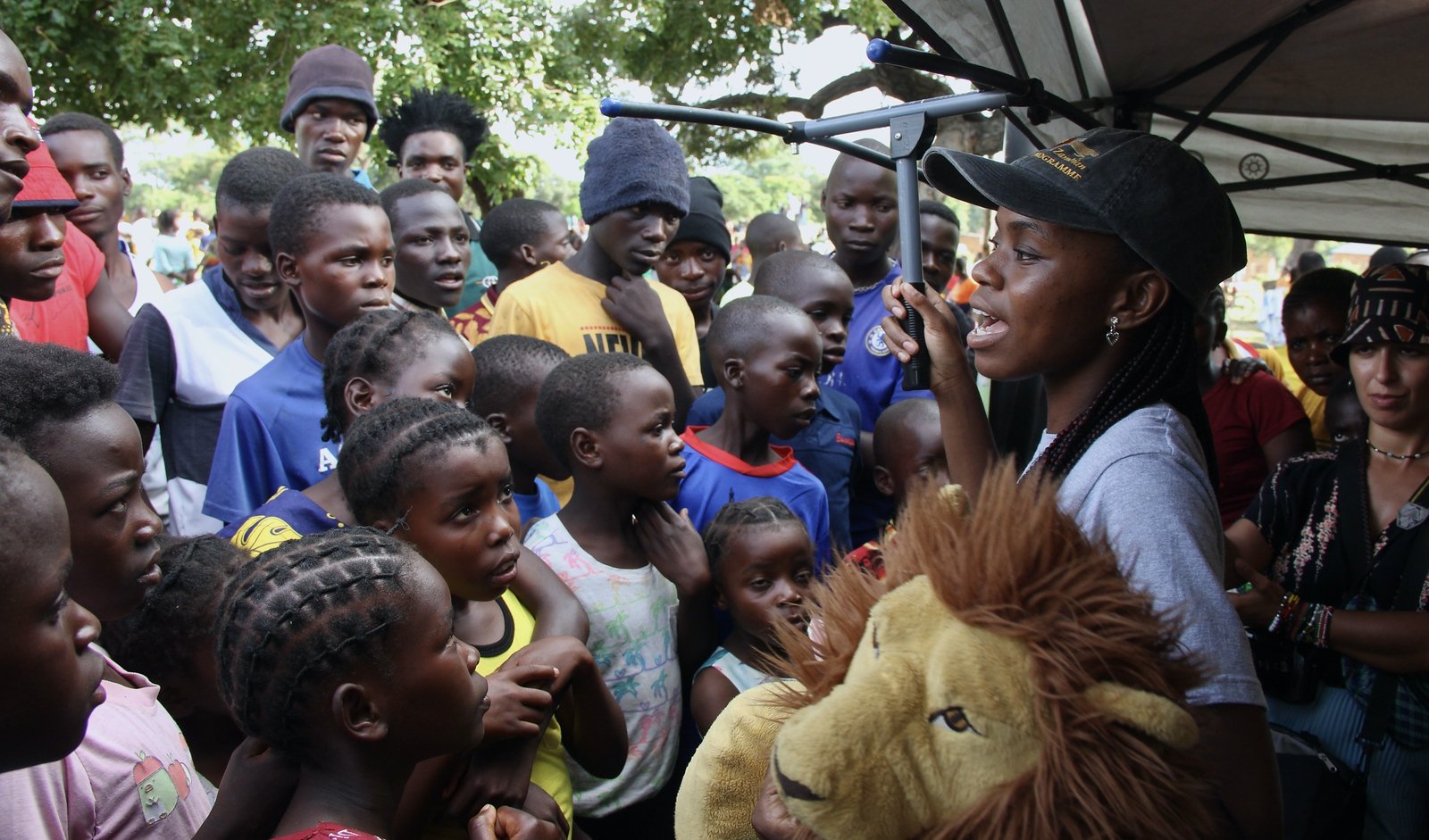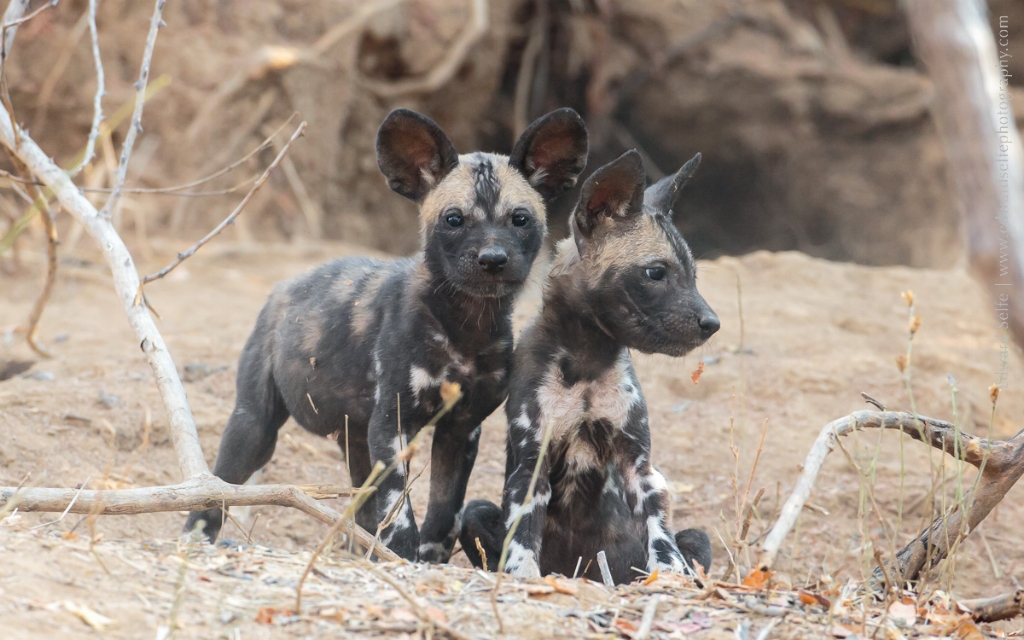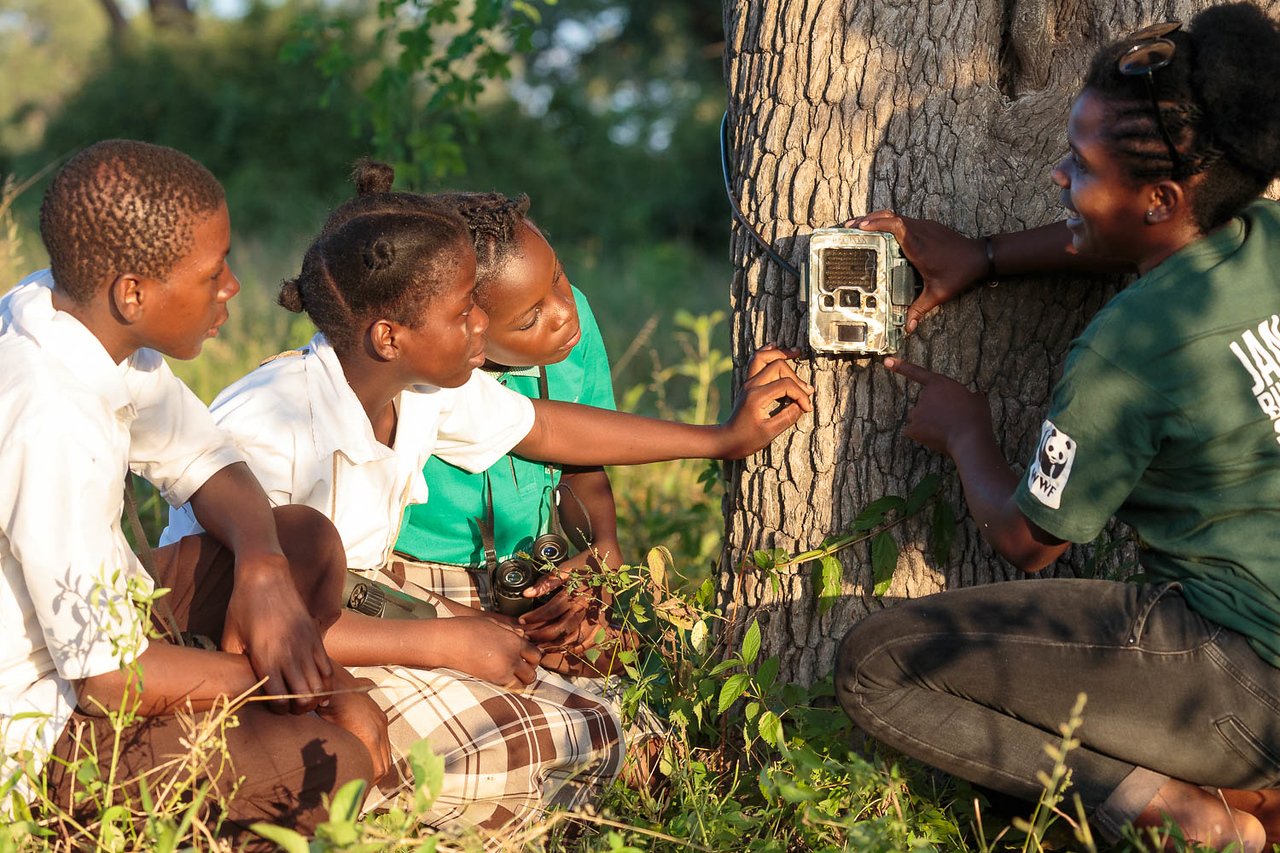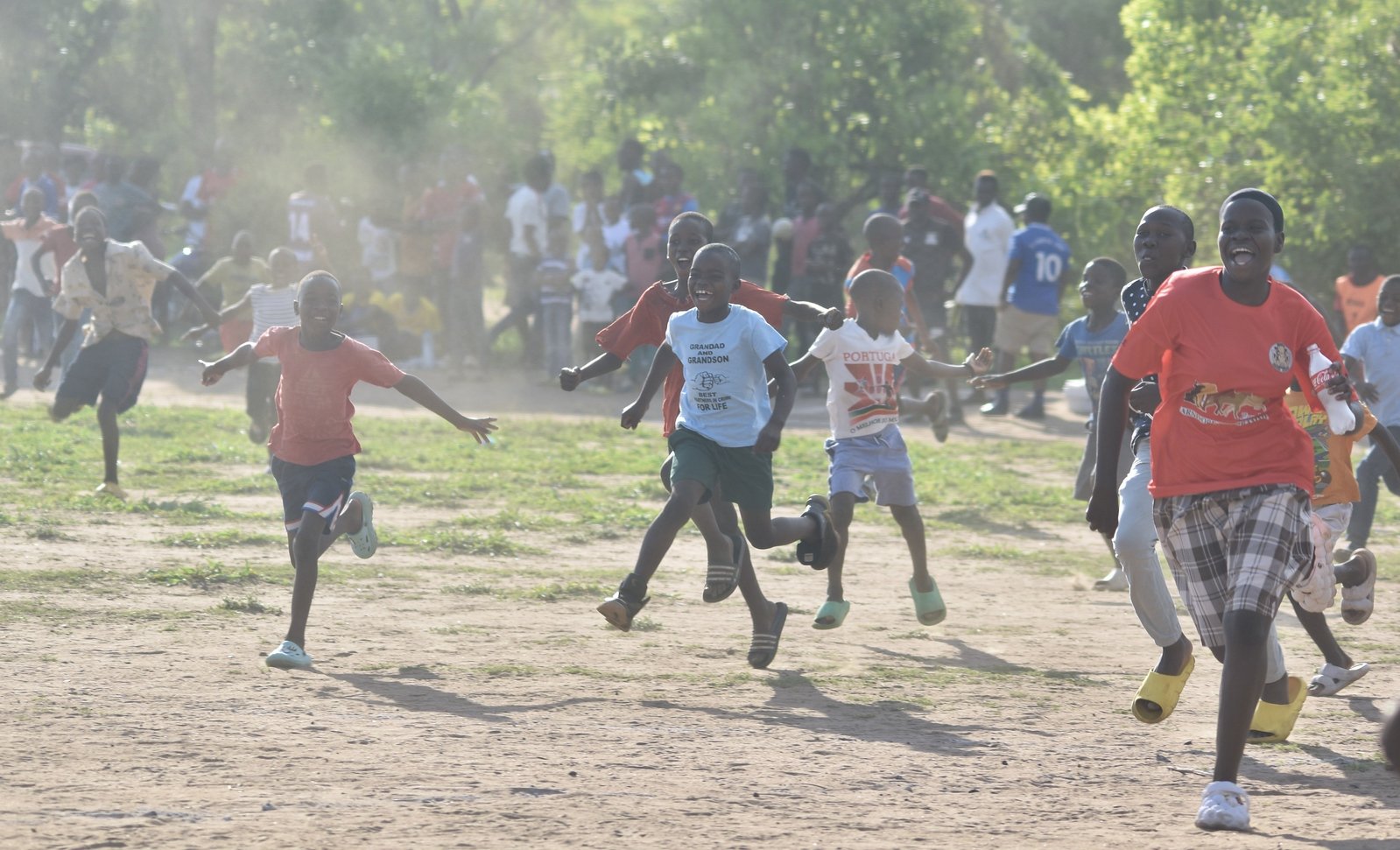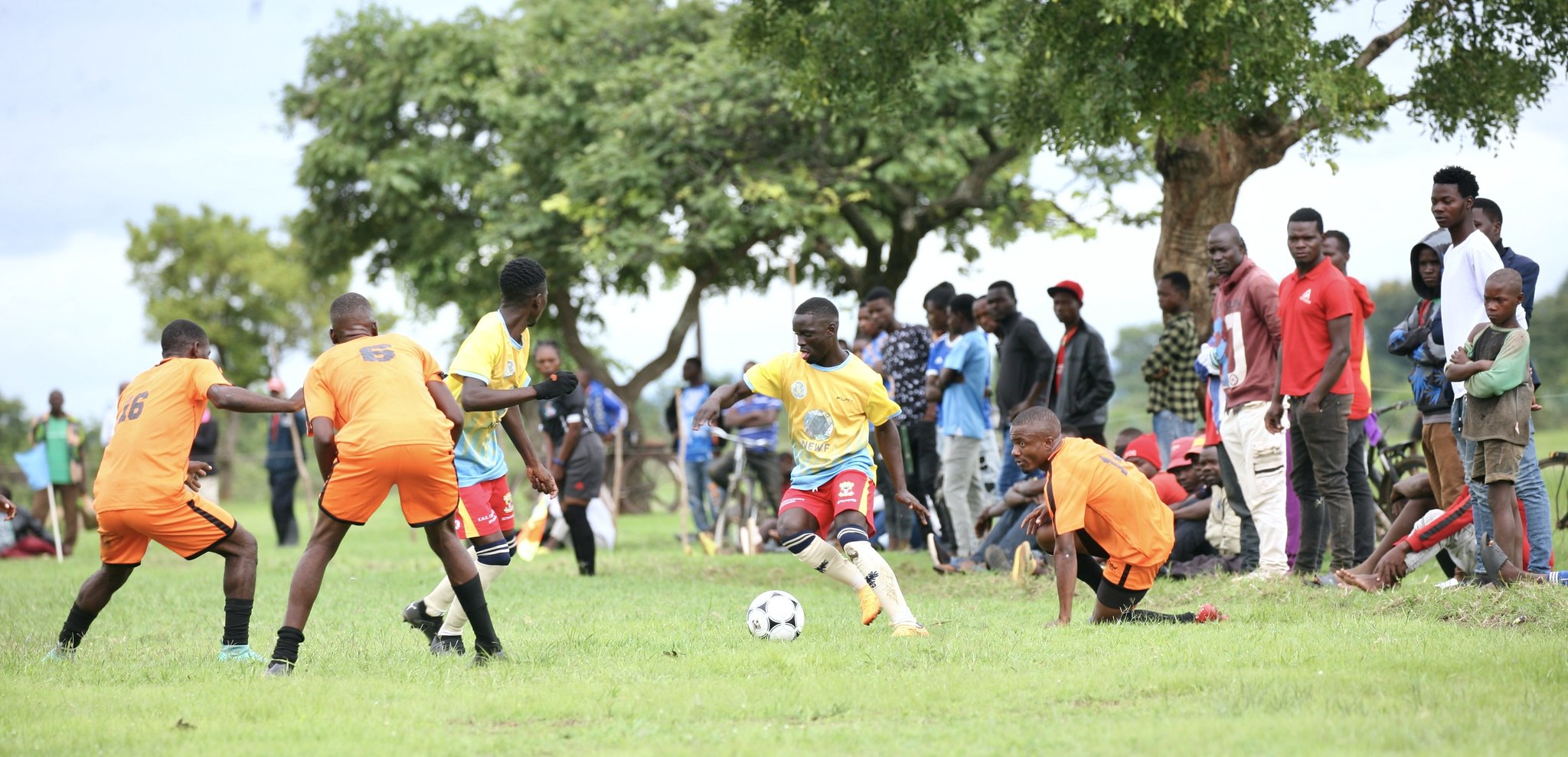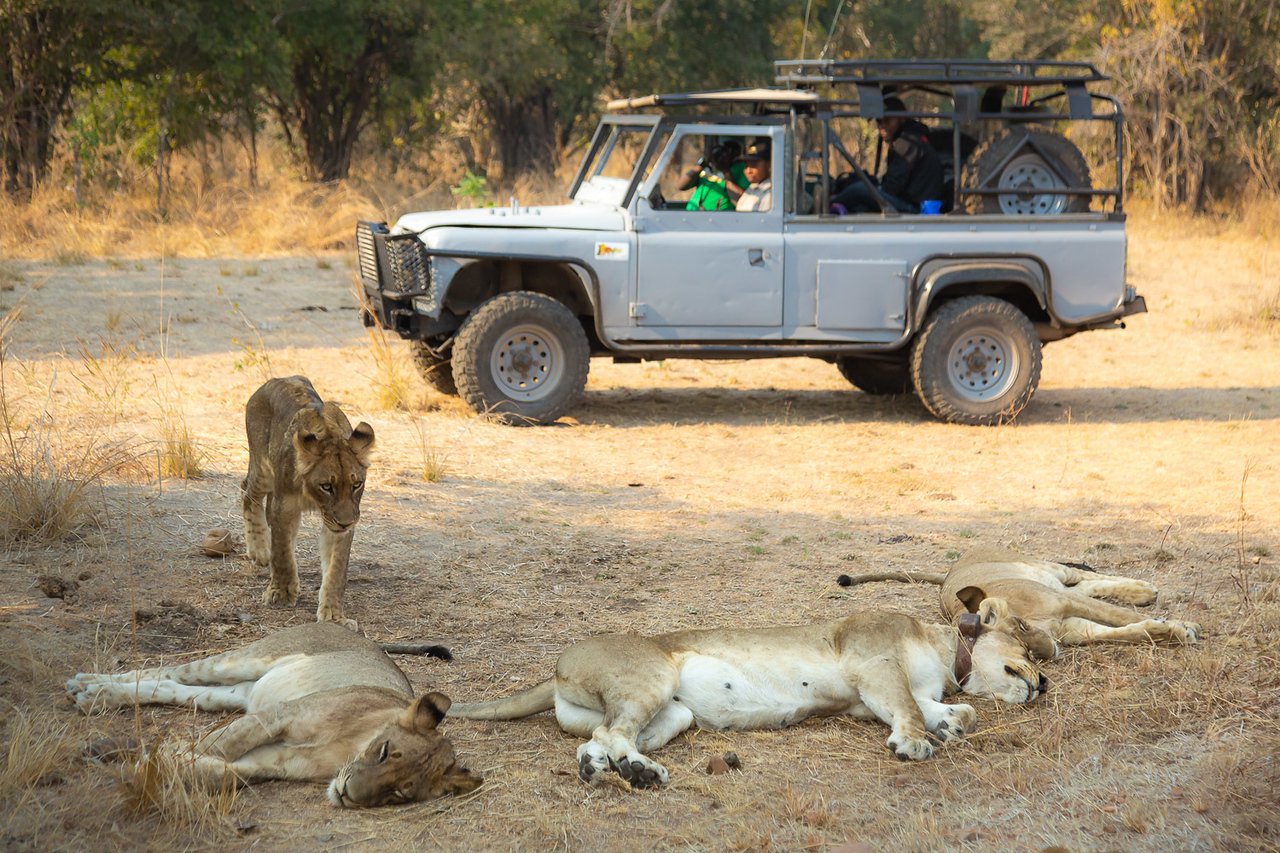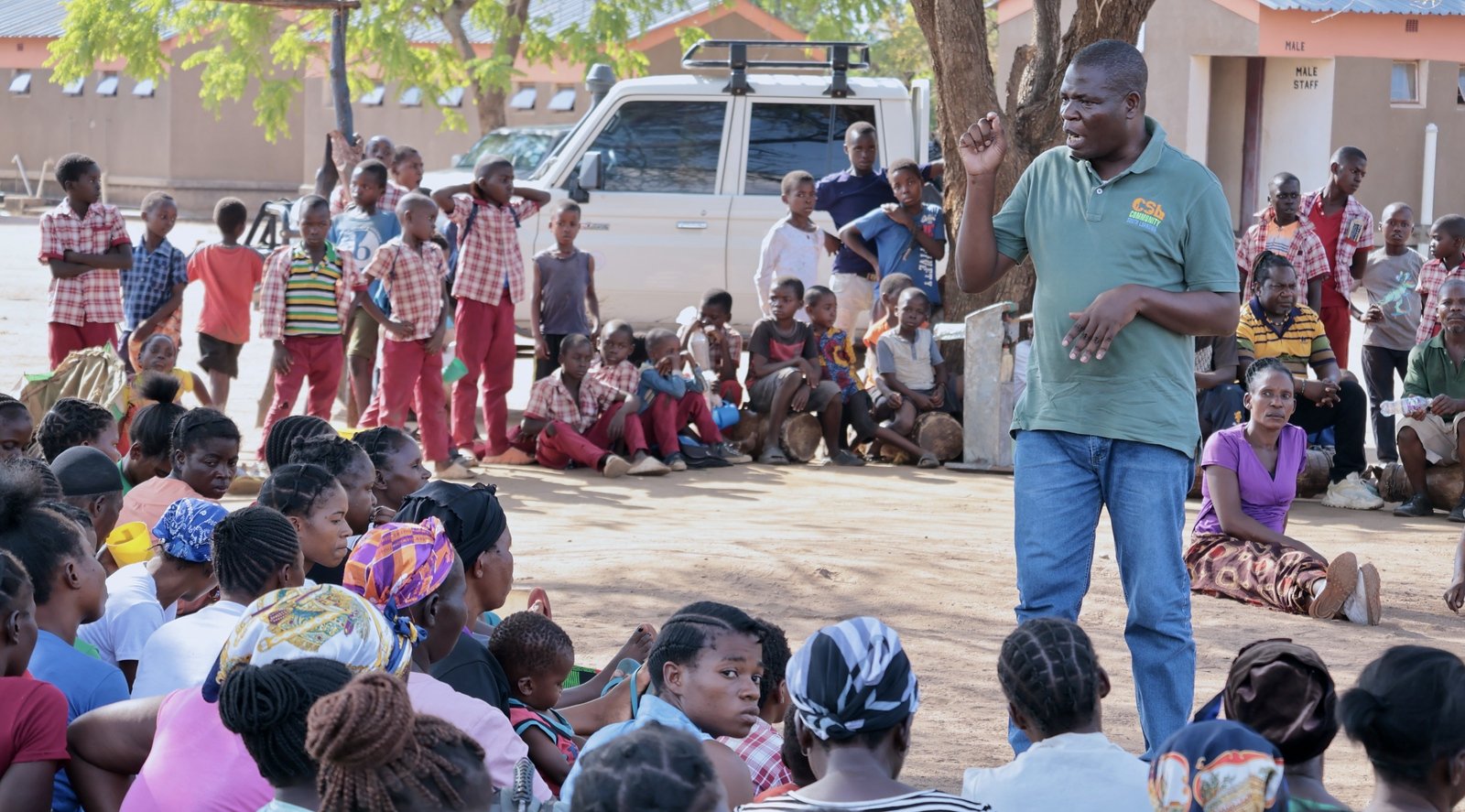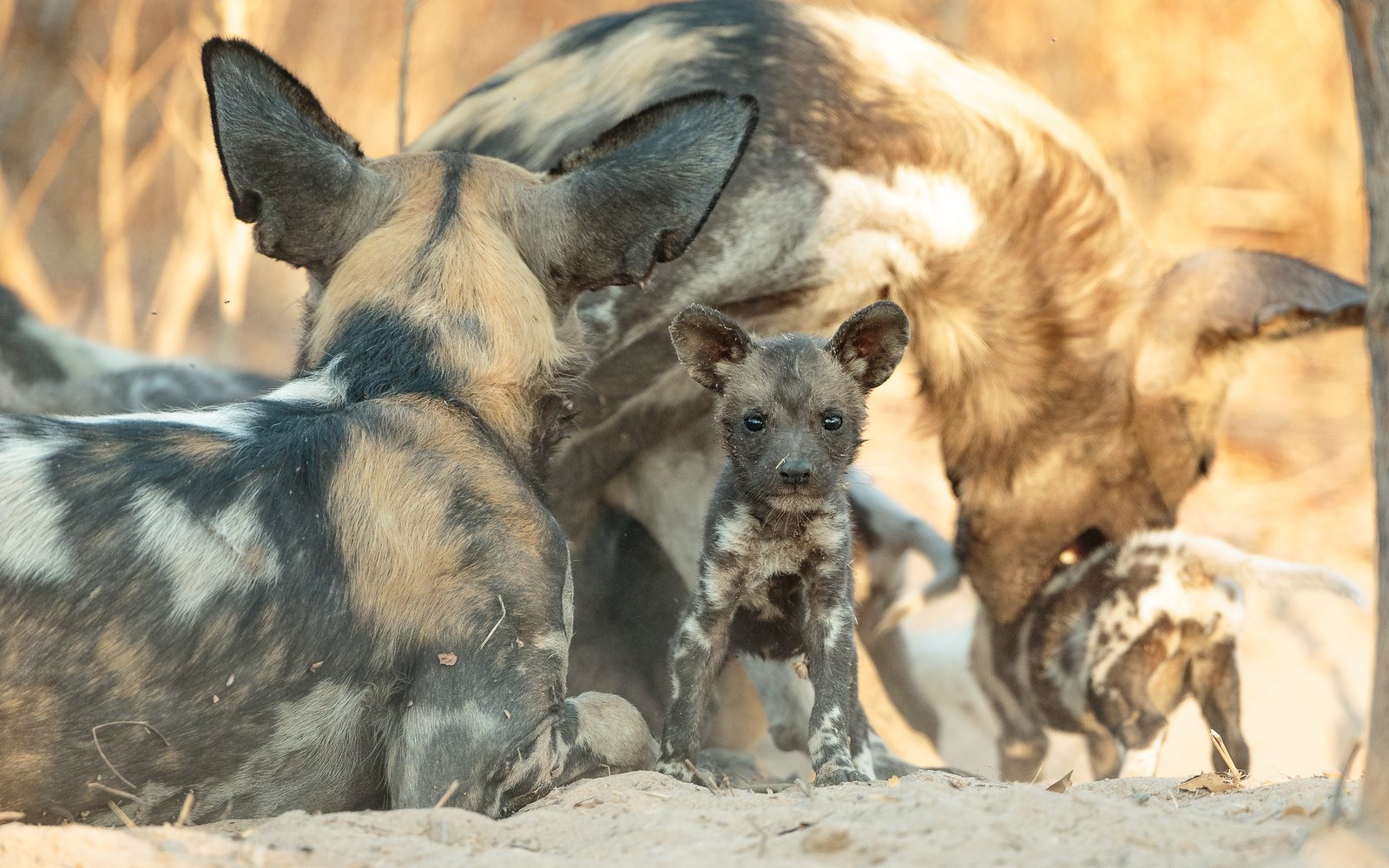
Luangwa Valley Ecosystem
The Site:
Eastern Zambia has one of the most significant populations of wild dogs in Africa, especially because of its potential for providing connectivity between Eastern and Southern African wild dog populations. The Luangwa and Mid-Zambezi Valley ecosystems cover an unfenced and relatively undisturbed wilderness area of over 70,000 km2, and this vast expanse contains the largest lion and wild dog populations in Zambia.
Our Work:
ZCP has been operating in the Greater Luangwa Ecosystem since 2005. As the oldest field site and organization’s main headquarters, ZCP’s research, conservation, and education programs are most developed in the Luangwa Valley, with long-standing partnerships in place with multiple local partners.
Here, ZCP’s research and conservation activities focus on wild dog and lion, as well as researching the relationship between carnivore species and predator-prey interactions. To date, we have monitored more than 782 lions and more than 1080 wild dogs! In this region, these species have significant importance for tourism operators, and thus accurate data on these populations is vitally important to guide management decisions.
Together with Conservation South Luangwa (CSL) formerly South Luangwa Conservation Society (SLCS), ZCP co-owns a Cessna 180 aircraft for use in joint anti-poaching and aerial tracking operations. The two organizations also co-employ a veterinarian who conducts all immobilizations for de-snaring and radio-collaring purposes and runs the CSL-ZCP Veterinary Clinic for domestic animals.
Through the Conservation Club at Mfuwe Day Secondary School, ZCP and Chipembele Wildlife Education Trust (CWET) have trained dozens of students on fieldwork methodology and ecological concepts, with many students choosing to further their involvement in the sciences by pursuing university degrees and/or seeking employment in the biological conservation sector, often with ZCP.
ZCP’s Community Outreach Officer, Kabwe Chanda with Mfuwe Day Field Ecology students
In the Luangwa Valley, we work across 7 chiefdoms with livestock owners to reduce conflict — primarily with lions. Our Human Carnivore Conflict (HCC) Programme activities primarily focus on improving livestock husbandry through boma construction and reinforcement, early warning systems, and providing aversive conditioning of lions near or in community areas, all to promote coexistence between people and carnivores. Our actions are guided through the Luangwa Human Wildlife Conflict Mitigation Plan, which was developed and approved by local community members and our regional conservation partners.
ZCP’s HCC team working with a local community member in the Luangwa Valley to improve boma construction for livestock protection.
In 2023 alone, we:
Intensively monitored 28 lion prides and coalitions, 18 wild dog packs and dispersal groups, and 2 hyena clans
Performed more than 3,100 snare checks, ensuring the safety and well-being of Luangwa’s carnivores!
Invested nearly 2,000 person days in the field
Collected over 3,600 camera trap days
Vaccinated nearly 600 domestic dogs for rabies and canine distemper
